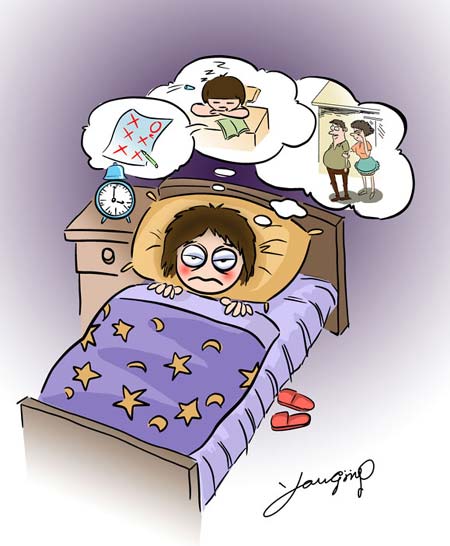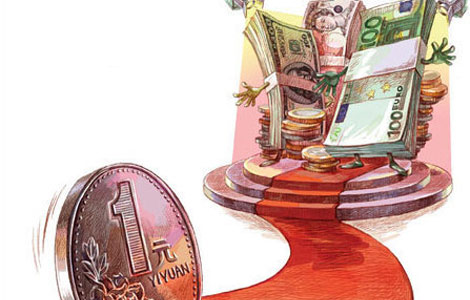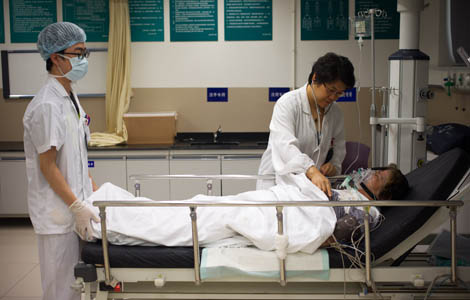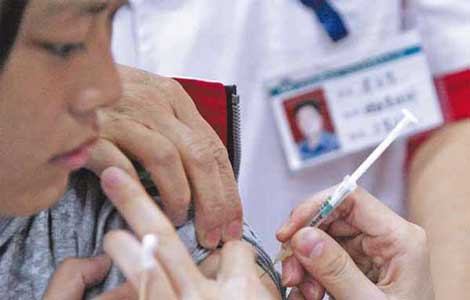Insomniac numbers booming in China
Updated: 2013-07-24 16:14
(Xinhua)
|
||||||||
 |
|
Cartoon by Yang Jing/newcartoon.com.cn |
NANNING - Since she was recruited two years ago, falling asleep has been a big headache for Yang Shuai.
The 24-year-old woman usually gets home at around 10 pm, but cannot fall asleep until two or three o'clock in the morning.
"It's hard to fall asleep because I'm always thinking of job-related issues," said Yang, who works for a media company based in Beijing.
Her problem is shared by many of her friends, who commonly go to bed in the middle of the night, either out of work pressure or simply because they have grown used to being night owls.
Yang and her peers are among booming numbers of Chinese people who have trouble falling asleep at night, according to an "insomniac map" released last Wednesday by Taobao.com, China's leading online shopping platform.
The map, which breaks down the distribution of insomnia sufferers nationwide based on sales of sleep-aid products such as blindfolds and earplugs in the past five months, shows that about 200,000 pairs of earplugs and 90,000 blindfolds were sold via Taobao over the past five months, indicating that China holds many people who experience difficulty nodding off.
Most of the insomniacs are the 1980s and 1990s generation, according to Taobao's data. It also shows that around 23 million people visited Taobao.com between 11 pm and 5 am in 2012.
The purchasers of sleep-aid products are concentrated in big cities, where workers are conceivably more likely to have high-pressure jobs. Shanghai has China's highest number of insomniacs, according to Taobao.
And most of those buying the products are youngsters, 36 percent of them aged 18-24 and 30 percent aged 25-29, the map shows.
The statistics echo a March report on the sleep quality of Chinese people.
Jointly compiled by the China Medical Doctor Association, Xilinmen Furniture Co Ltd and Horizon-China, the China Sleep Quality Index shows that 55.4 percent of the interviewed Chinese people have trouble falling asleep because of job pressure, while 56.9 percent are insomniacs due to other pressures in their lives.
Most Viewed
Editor's Picks

|

|

|

|

|

|
Today's Top News
US diplomat says China ties a priority
Pharma corruption crackdown widens
NFL makes cyber play in China
Nation falling short on IT security
Weiner not dropping out of NYC mayoral race
Death toll from H1N1 in Argentina reaches 38
DPRK halt on rocket facility confirmed
Celebrations erupt after word of regal delivery
US Weekly

|

|














